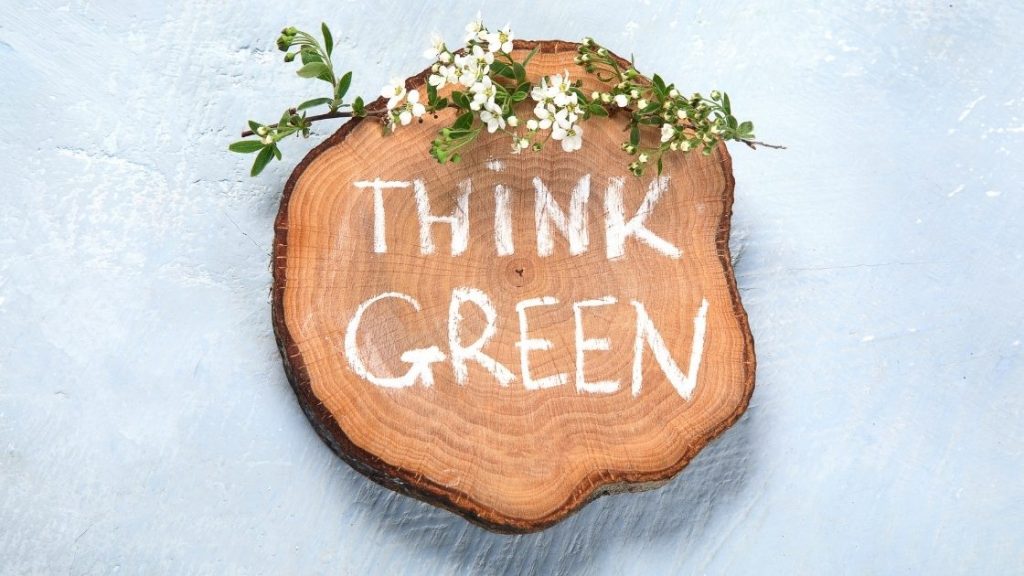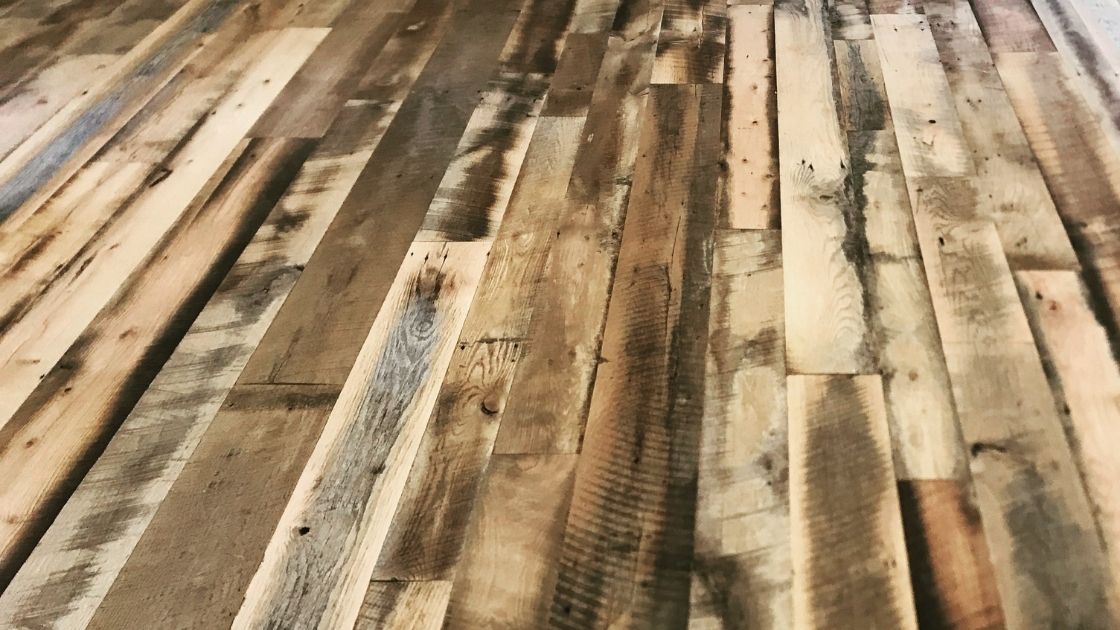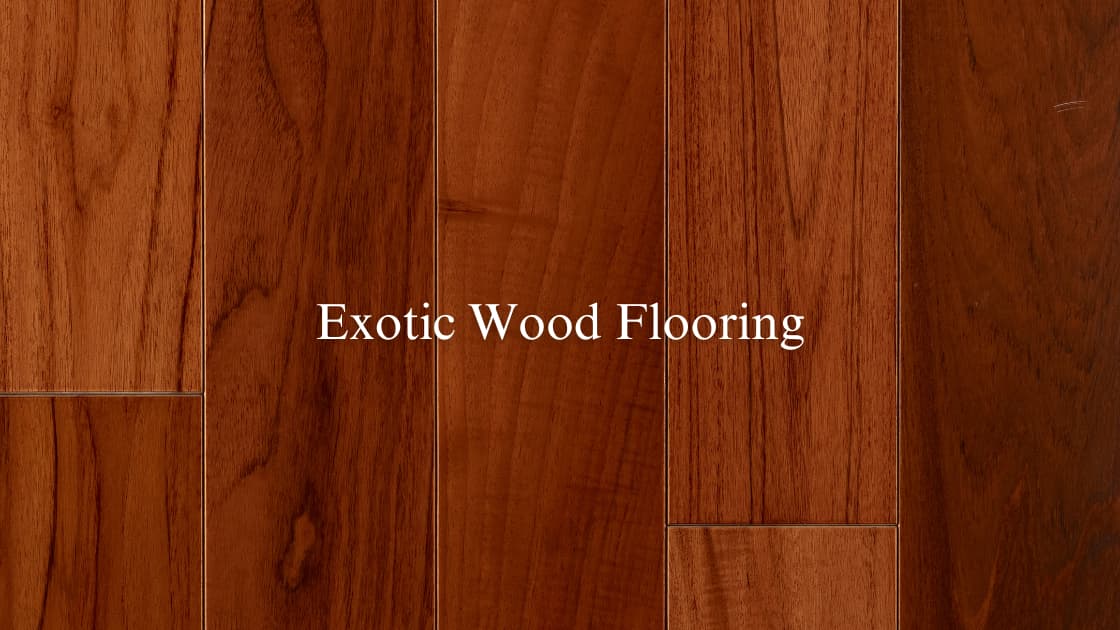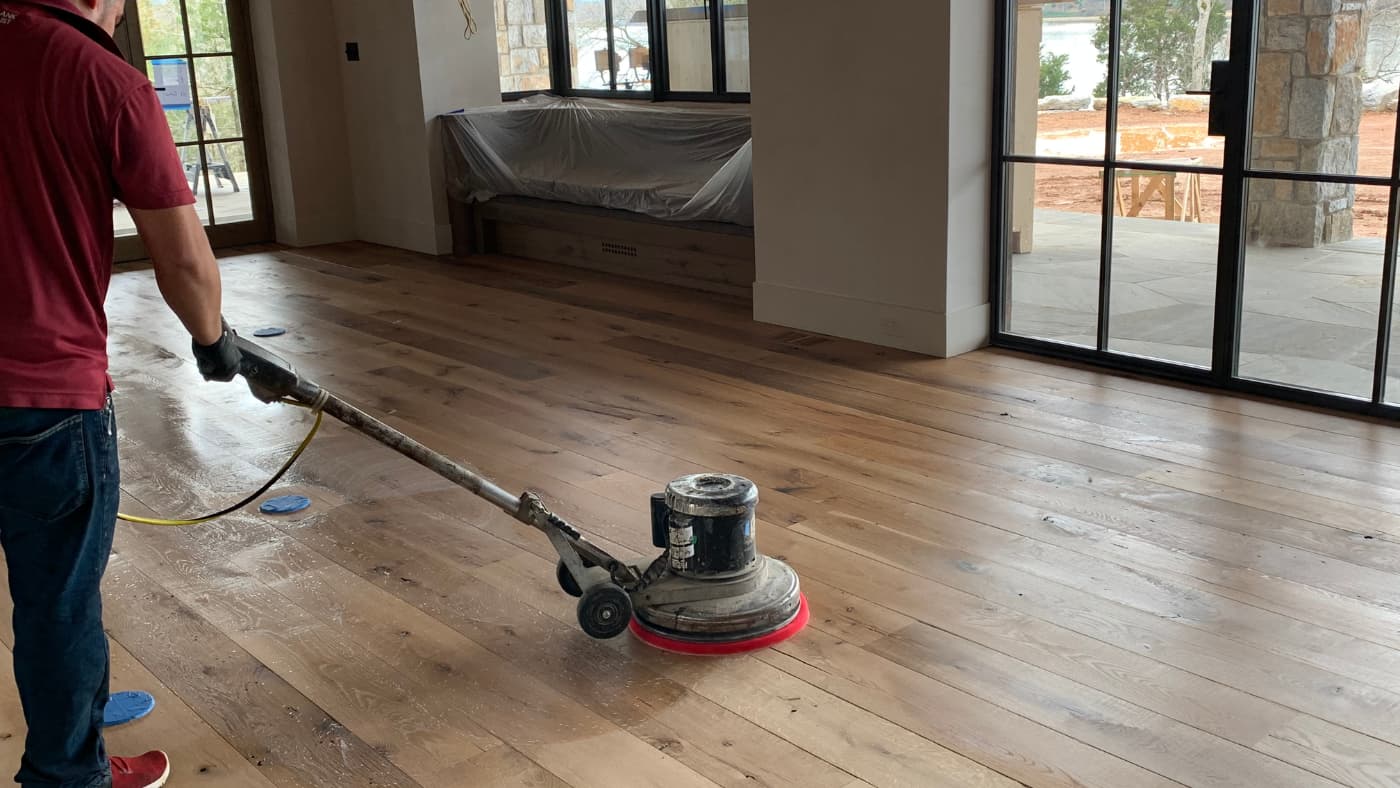Environmentally Friendly Hardwood Flooring
Many people today are concerned about the environment, and rightfully so. With claims of global warming and harsh chemicals jeopardizing our health, it makes sense that eco-friendly options have come to the forefront. What many don’t realize, though, is that hardwood flooring is often one of the best environmentally friendly flooring options.


How is Hardwood Flooring Environmentally Friendly?
There is some argument as to old-growth versus new-growth trees. There are also some endangered species that would not be a part of the eco-friendly list. However, in the United States, some forests are regulated to be sustainably regrown after harvest. These are regulated by the Forest Stewardship Council (FSC). There are also some ways to re-use wood flooring that limits the amount of new lumber being processed.
In short, the hardwood flooring industry has worked hard with other organizations to provide a product that is sustainable and environmentally friendly.
What are the most Eco-friendly Hardwood Flooring Options?
1. FSC Certified Wood
As mentioned above, some forests are regulated by the FSC. Lumber from these forests carry a seal indicating it is approved by the FSC. This council also assures forests have an adequate amount of biodiversity, are never clear-cut, and that the air and water quality are protected. Another benefit from using FSC certified wood is that coming from a tree plantation, they are generally shipped locally, reducing the amount of carbon emissions involved in shipping lumber from overseas.
Wood harvested from FSC tree plantations is a great option since care is taken to regrow trees and limit pollutants.
2. Reclaimed Wood


Another eco-friendly option is using reclaimed wood for flooring. Sources include old buildings that are being torn down or logs pulled from the bottom of rivers. A popular choice in Tennessee is to use reclaimed barn wood.
It is typically more expensive because there is more labor involved to repurpose the wood into flooring. However, reusing wood like this helps lower the need to plant more trees, and supports the sustainability equation of Reduce, Reuse, Recycle.
3. Salvaged Wood Flooring
This option is similar to reclaimed; however, this type of flooring uses wood that was “rescued” from being destroyed. For example, trees that are too old or damaged from storms and are likely to die or have already fallen. Another example includes trees that were cut down to clear land for development.
What About Chemicals Involved in Hardwood Flooring Finishes?
It is true that you can take something that is environmentally-friendly and turn it into something that isn’t. If you want a truly environmentally friendly floor, you need to consider the type of finish. Luckily, many options are good for the environment and for you. Many newer polyurethane finishes have been made to lower the amount of VOCs emitted. However, the best option is to use European or Natural Oil as a finish.
This is a plant-based oil that, when applied to hardwood floors, penetrates the fibers and hardens the plank from the inside out. It emits little to no VOCs and is safe for you and your family. If you would like to learn more about Natural Oil, read our post: European Oil / Natural Oil Wood Finish
If you are interested in an environmentally friendly flooring option for your home, hardwood flooring with natural oil is a fantastic choice. Would you like to talk to someone for more information? Give us a call or fill out our free consultation form. We would be happy to help!






